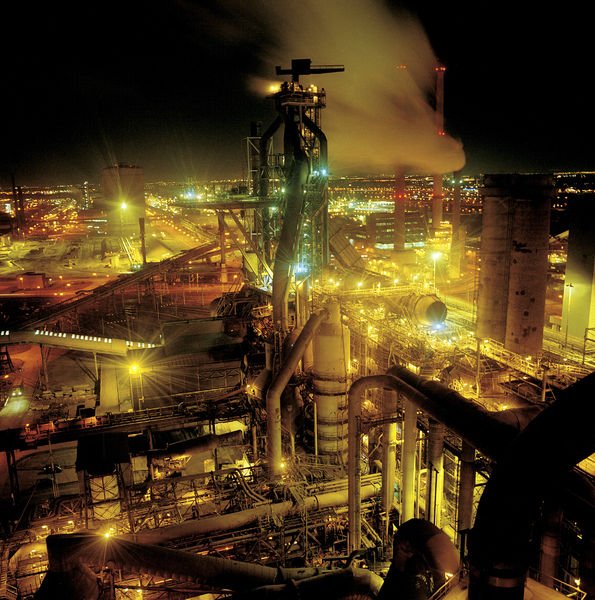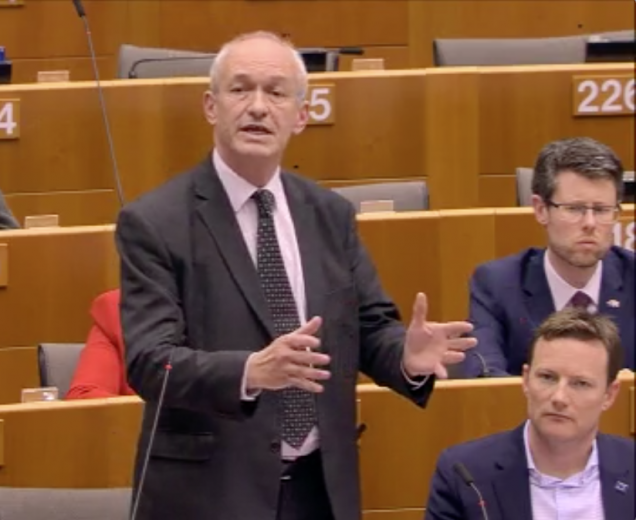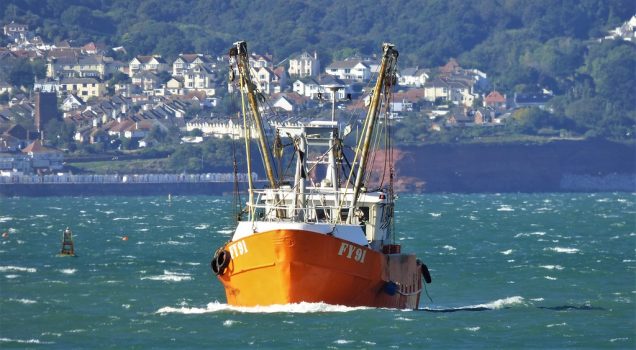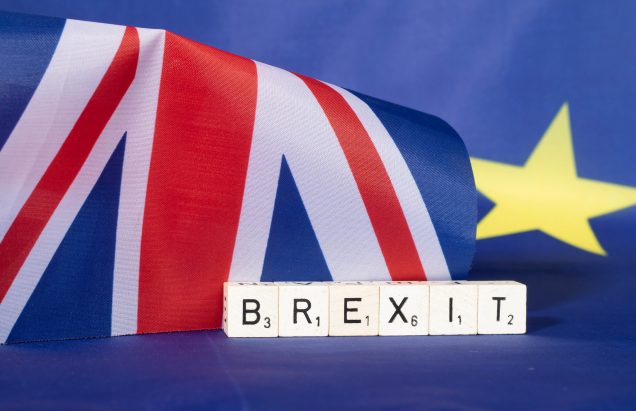There are two common – and contradictory – misconceptions about the extent to which European Union (EU) member states can support their own national industries.
On the one hand, some anti-EU campaigners claim that EU rules make it impossible to provide help to their own industries, as we saw in response to the crisis in the British steel industry last spring. On the other hand, some argue that there is too much state support for struggling industries (usually in other countries or for industries to which they are ideologically opposed).
Green Member of the European Parliament (MEP) Molly Scott Cato’s challenge to the EU Commission this week, for permitting the French government to give €4.5bn ($4.7bn) to the troubled nuclear energy group Areva is the most recent example of this.
But how can both of these be true? Well, they’re not. They are misrepresentations of the actual EU rules, used by politicians to bash the EU in pursuit of their own ideological political agenda.
Yes, EU member states have agreed to a joint set of rules about the kinds of state aid that are allowable within our European single market. Without them, EU governments would compete to subsidise their manufacturers, the richest country would spend itself into a dominant position, and the rest of us would suffer.
But the rules do allow appropriate aid in defined circumstances: to help an industry in difficulty, to support new development, environmentally or socially beneficial developments, etc.
To try to blame the EU for national decisions, be they our own government’s refusal to act or other governments acting to support their own industries within the rules, is the height of political dishonesty.
Take last year’s threat to the British steel industry caused by China’s ‘dumping’ of cheap steel. Germany, France and Italy provided entirely legitimate support to their own industries, but Britain did not. The Conservative government’s hypocrisy reached its peak when it opposed stronger EU action to counter the dumping of Chinese steel on the European market.
The EU has trade defence instruments to deal with situations like this. EU governments have been trying for a while to strengthen them. But any agreement on doing so has been blocked by a minority of countries led by the British Conservative government.
This made a mockery of the government’s claims that they would “continue to do all [they] can” in defence of our industry — only to admit rather sheepishly 24 hours later that, in fact, they were not prepared to coordinate tough anti-dumping measures against China with our European allies.
European countries, acting together, have the clout to put real pressure on foreign governments over issues such as steel dumping. Doing so would protect jobs and industries within the EU by ensuring a level playing field – but only if the member states are prepared to stand united.
This, not problems with our jointly agreed rules on state aid, is the real threat to our industry.





